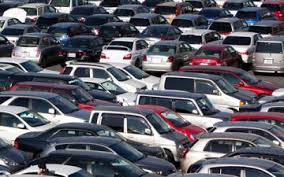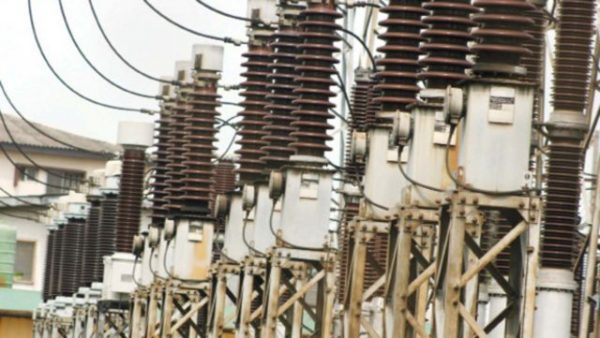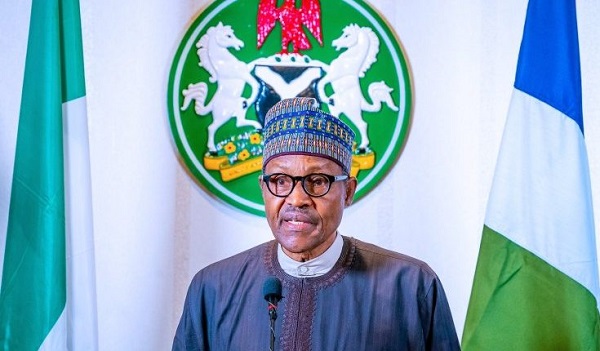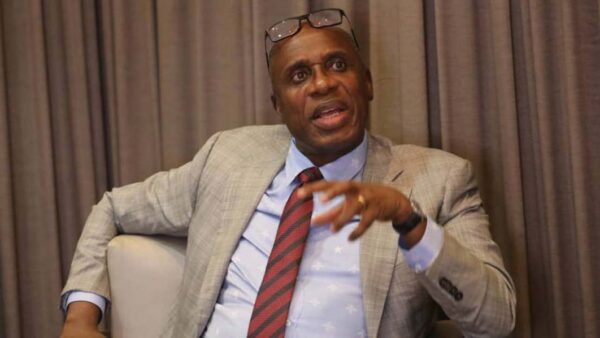Implementation of 35% levy on used cars stalled

There are indications that the collection of 35 per cent import levy on used cars, popularly called Tokunbo, which was due to begin on July 1, 2015, has been put on hold.
The levy is the second phase of the National Automotive Policy that is designed to encourage the assembly of vehicles locally, while discouraging importation of used vehicles.
The Director-General, National Automotive Council, Aminu Jalal, disclosed in an interview that it was only the Minister of Finance who could give a directive for the council to proceed with the implementation.
“The Minister of Finance has to give an order, a written instruction to that effect. As it is right now, there is no minister yet. So, until we have one, we cannot implement the collection of the new levy,” Jalal said.
The Federal Government had in September 2013 raised the import tariff on fully-built cars and used vehicles from 22 per cent to 70 per cent made up of 35 per cent duty and 35 per cent levy.
It also announced a zero per cent tariff on Completely Knocked Down units (vehicles) and five per cent to 10 per cent on Semi Knocked Down units.
The first phase of the policy, involving the payment of the 35 per cent duty came into effect in February 2014.
The second phase of the policy, which was to begin on July 1, 2014 was moved to January 1, 2015 in order to enable local vehicle assembly plants to ramp up production to meet the nation’s demand for brand new vehicles.
When it was in January 2015 deferred again to April 30, 2015, the Federal Government attributed the postponement to the delay in establishing a vehicle finance scheme. However, no reason was given when it was shifted again to July 1.
The President, National Council of Managing Directors of Licensed Customs Agents, Mr. Lucky Amiwero, had called on the Federal Government to review the policy and stop the planned implementation of the 35 per cent levy on July 1.
He said the policy had witnessed six implementation shifts that necessitated the issuance of six different circulars to either upgrade or clarify the process of implementation.
Amiwero said, “After one year and four months of partial implementation of the auto policy, which mostly focuses on the increase in tariff from five per cent, 10 per cent, 20 per cent and 35 per cent to 70 per cent, there is the need to look at the gaps in the policy that concern issues such as the ECOWAS Common External Tariff on the uniform tariff of Ghana and Nigeria.
“This is a reference point due to developmental priorities within the subregion; the number of assembly plants and the model of vehicles being produced by them; the capacity of their production with reference to the Nigerian market as the biggest market in sub-Saharan Africa.”
Amiwero added that the Federal Government must create an enabling environment through the provision of energy, the reform of the Nigeria Customs Service and the simplification and harmonisation of port procedures if the policy was to succeed.







